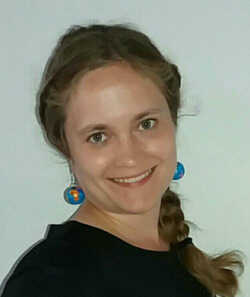People
Faculty

Matti Nelimarkka
Matti Nelimarkka is a postdoc at the Department of Computer Science, Aalto University and instructor at the Faculty of Social Science, University of Helsinki. His research examines the intersections of political science and data science as well as political science and human-computer interaction. His current work focuses on racism in hybrid media systems, circulation of news, political polarization, agendas in political communication, power of algorithmic systems and politics in human-computer interaction.Speakers
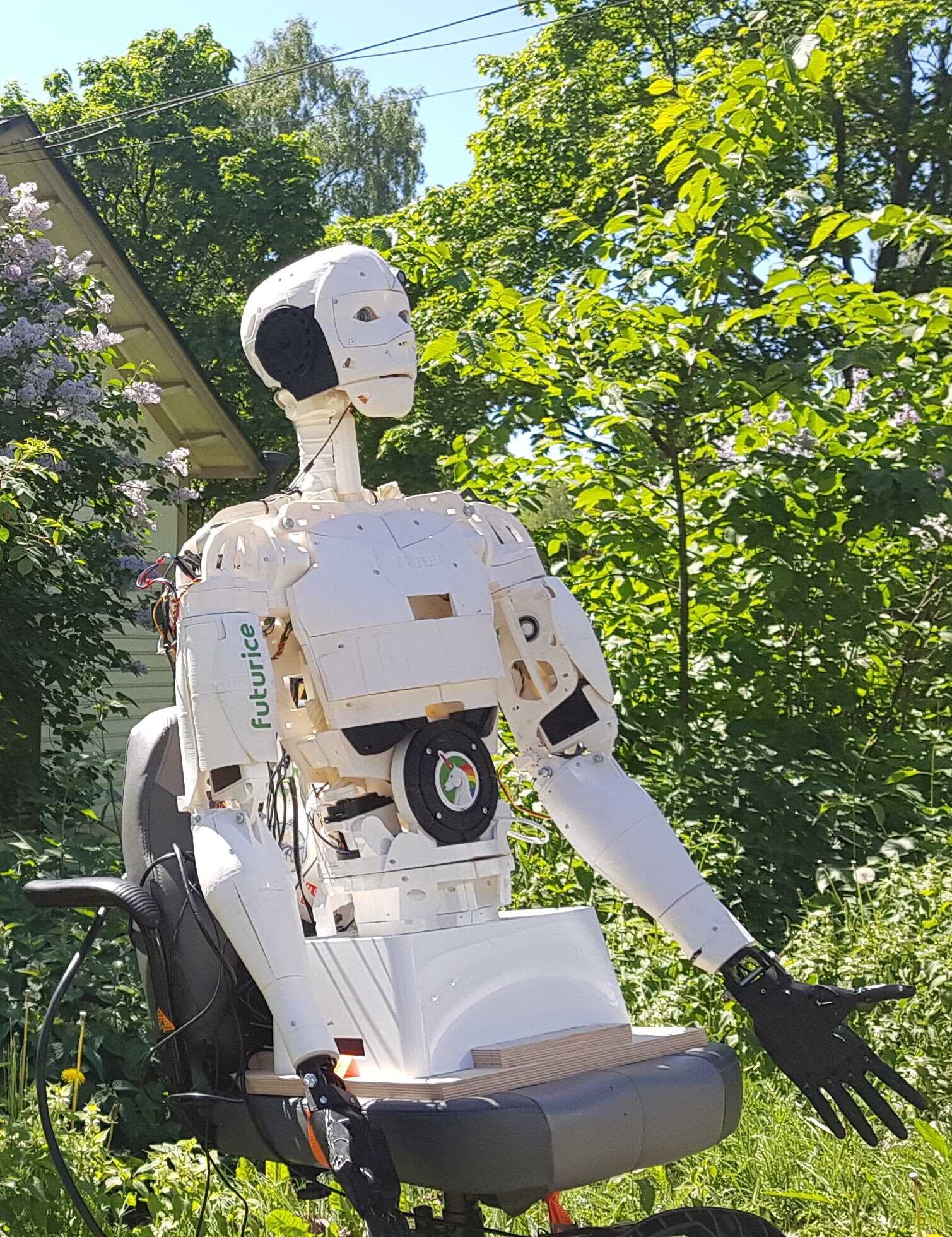
Momo the Robot
We visit Futurice, a software company in Helsinki. They tell when Momo the Robot met children.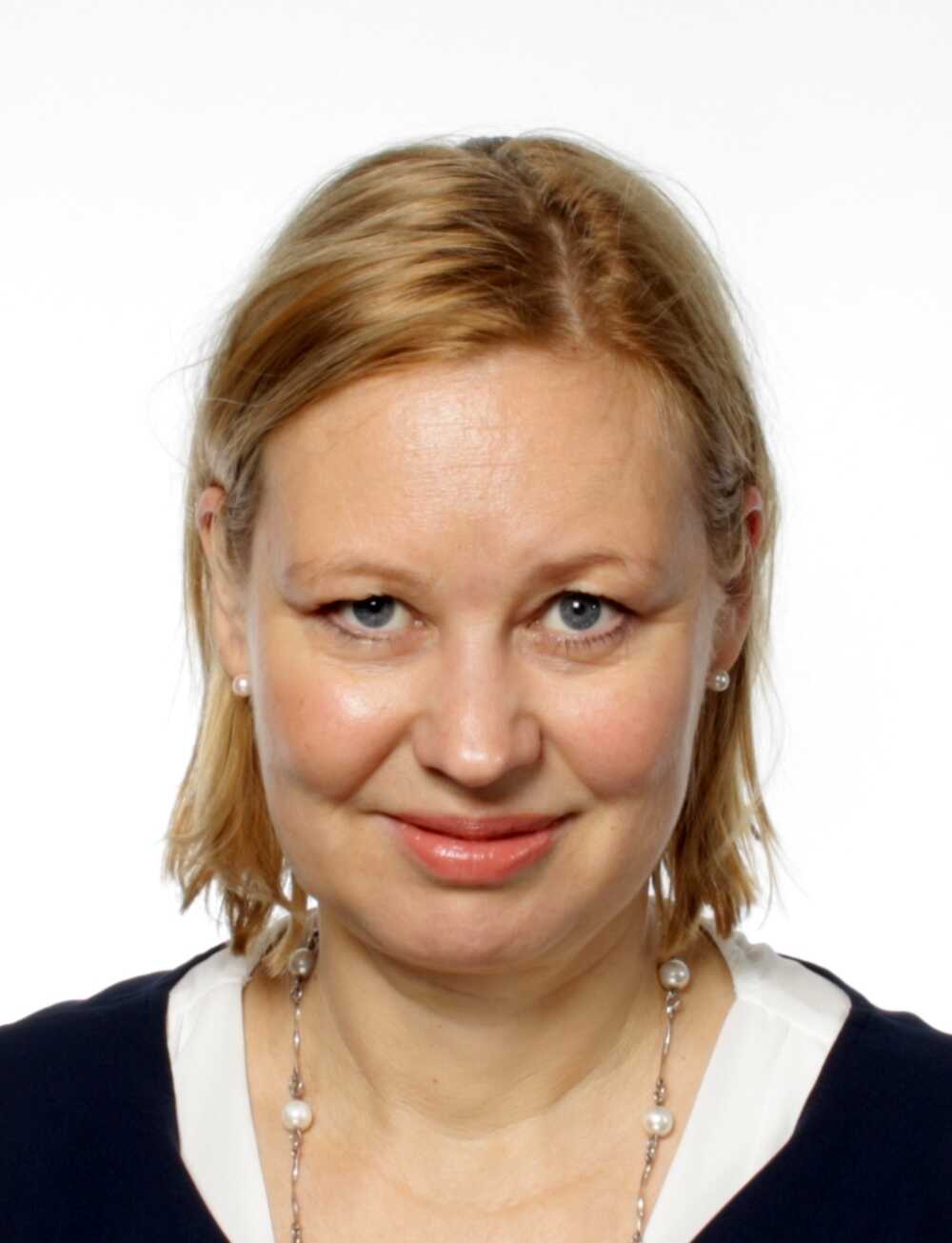
Minna Ruckenstein
Minna Ruckenstein is an associate professor at the Consumer Society Research Centre and the Helsinki Center for Digital Humanities, University of Helsinki. She is the principal investigator of various research projects that explore and develop data-related practices and study aspects of digitalization. Ongoing research projects utilize digital methods in exploring topical and emotional rhythms and patterns in social media discussions, study children's cell phone uses, practices of content moderation and data activism.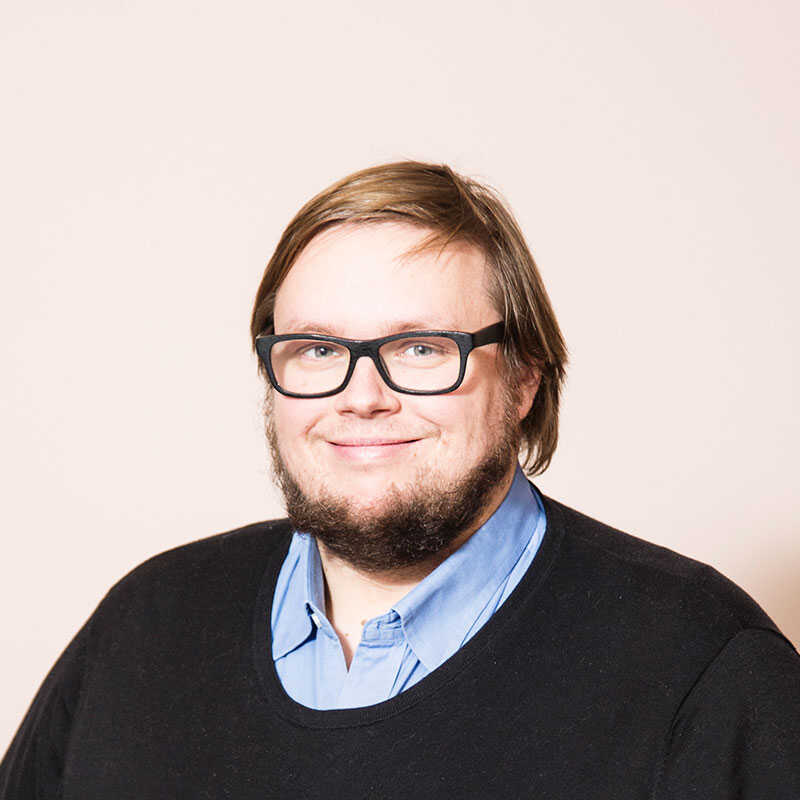
Veikko Eranti
Veikko Eranti is a postdoctoral researcher at the University of Tampere. His work has focused on the intersection of societies and technological development, mainly democracy and participation. His ongoing research is focused on citizenship and political culture using methodological triangulation – combining ethnography and survey data with computational analysis. He holds a PhD in sociology and MA in Literature, both from the University of Helsinki.Teaching Assistants
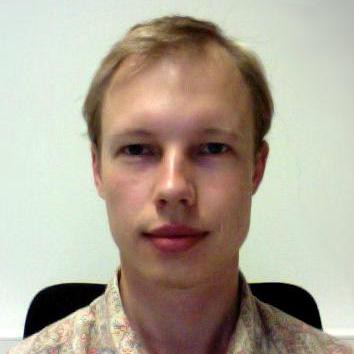
Juho Pääkkönen
Juho Pääkkönen is a doctoral student in Science and Technology studies and a computer science major student at the University of Helsinki. His work focuses understanding epistemologies of big data and objectivity claims in computational data analysis. He has also been involved in the analysis of racism discourse in Finnish media and social media.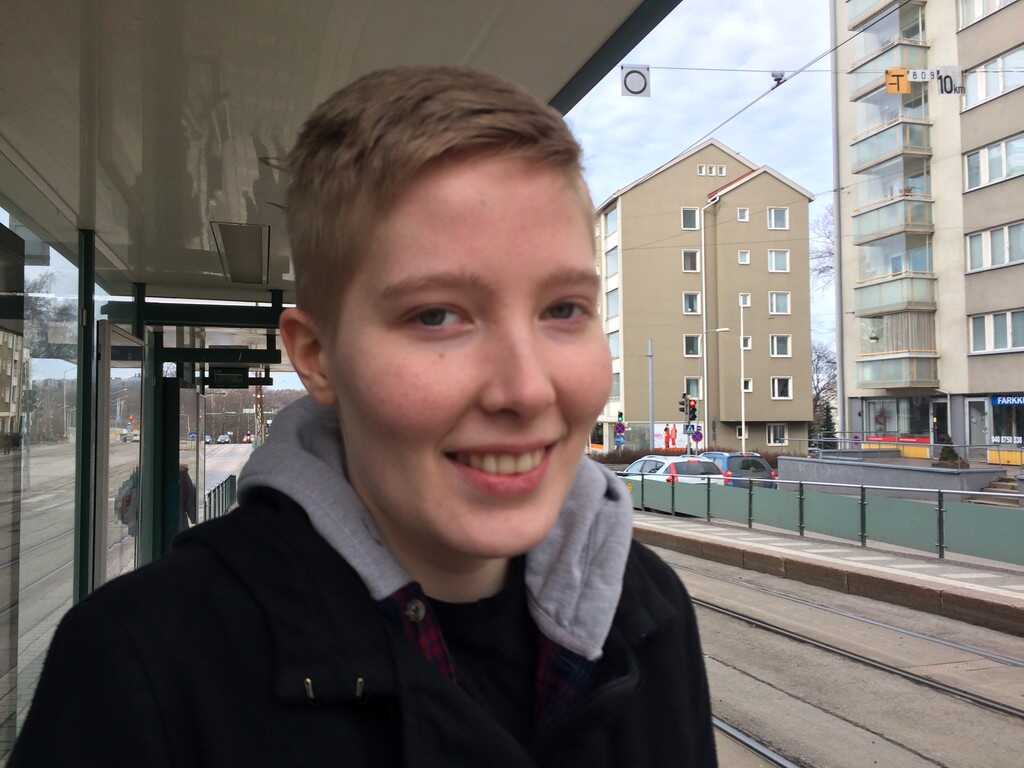
Pihla Toivanen
Pihla Toivanen is a student in Master's programme in Data Science, University of Helsinki. Her work currently focuses on understanding media ecologies in Finland and internationally. She has also been employed as software developer at Futurice and Nokia Corporation.Participants
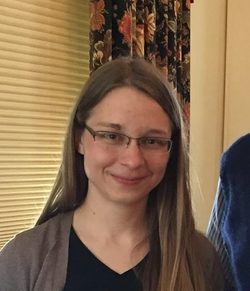
Marta Kołczyńska
Marta Kołczyńska received her Ph.D. in sociology from The Ohio State University in 2017 and now is a postdoctoral researcher at the Institute of Philosophy and Sociology of the Polish Academy of Sciences. Her research examines the causes and consequences of political attitudes and behavior, in particular the effects of educational stratification of these attitudes and behaviors on democracy, in cross-national perspective. She is also exploring the opportunities of ex-post harmonization of cross-national survey data.
Seraphine F. Maerz
Seraphine Maerz is a postdoctoral research associate at the University of Freiburg, Germany. Her research concentrates on the survival strategies of authoritarian regimes in Central Asia and beyond. She is particularly interested in how autocratic leaders use the Internet to justify and stabilize their rule. Her current research project compares the language of leaders from authoritarian regimes and democracies by using quantitative text analysis. Seraphine received her PhD from Central European University (CEU) in Budapest, Hungary.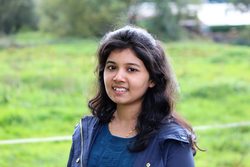
Arpita Biswas
Arpita Biswas is a Google PhD Fellow at the Department of Computer Science and Automation, Indian Institute of Science. Her broad areas of interests include Algorithmic Game Theory, Machine Learning and Optimization. She is presently looking at problems in Computational Social Choice Theory and Fairness in Machine Learning. In Computational Social Choice Theory, she is working on the existence and hardness of various fairness notions while partitioning indivisible goods among agents. She has prior experience in multi-agent learning (multi-armed bandit), incentive mechanisms, facility location, planning and scheduling etc. and thus far she has worked on problems arising from real-world scenarios like online crowd-sourcing, resource allocation, dynamic pricing in transportation etc.
Anders Grundtvig
Anders Grundtvig is a Master student at Aalborg University where he study Techno-Anthropology. His field of interest is STS (Science and Technology Studies) where he uses digital methods to map and understand human behaviour and social interactions. His educational backbone builds on physical fieldworking and theories about interdisciplinarity and user-driven research. This backbone has reseantly been combined with digital methods that opens new forms of investigation where the quali-quanti is mixed together with digital-analouge research oppunities. He has reseantly been working on the project 'A Field Guide to fake news' that investigated how we can understand the ecosystems of fake news rather than just debunking them when found. And is now working on a project about personal digital data and trust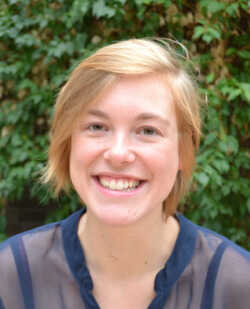
Ilse Pit
Ilse Pit is a PhD candidate at the University of Amsterdam, at the department of Communication Science. She is broadly interested in how behaviour online might be (or might not be) different from offline behaviour. In her PhD project, she focuses on how people use visual means to express themselves with brands online. Specifically, she uses computer vision and manual methods to investigate brand representation in user-generated content on Instagram. She is further interested in statistics and (increasing) open science practices.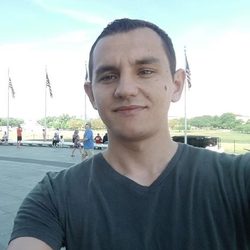
Erjon Skenderi
Erjon Skenderi was awarded a Master's degree by Queens College CUNY. He is pursuing a doctoral degree at the Tampere University of Technology. Currently he is working as a researcher for the Big Match Project, facilitated by the Tampere University of Technology and University of Tampere. His research is focused on developing new approaches to model individuals based on data they generated online, i.e Big Social Data.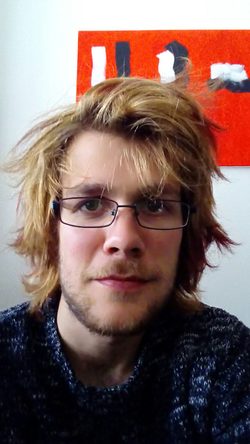
Hannes Rosenbusch
Hannes Rosenbusch is a PhD candidate in the Social Psychology department at Tilburg University. His research interests include the application of data science methods such as machine learning to psychological research.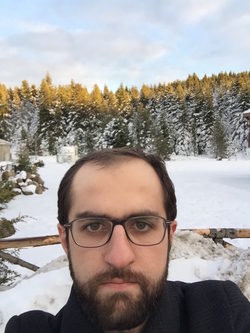
Yunus Emre Tapan
Yunus Emre Tapan is a master student in Middle East Studies at Middle East Technical University. His main area of interests are social network analysis and digital anthropology. In his MA thesis, he focuses on the extremists groups in online sphere. As an area studies student, He choses online sphere, specifically Twitter, as a fieldwork. He worked as a research assistant in a couple of funded projects inquiring on online radicalization and employing computational social science methods.
Saana Rantanen
Saana Rantanen is a student in Sociology at the University of Turku, Finland. Currently she is studying lifestyle values of European parents in the different family structures and legal contexts. She is a social scientist with an interdisciplinary approach with curiosity of how machine learning can be applied to causal inference. Her research interests includes social inequality, social structures and mechanisms, sustainable development and futures studies.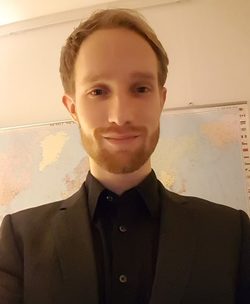
Florian Wanders
Florian Wanders is a doctoral student in Work and Organizational Psychology at the University of Amsterdam, The Netherlands. His research focuses on the social dynamics surrounding norm violations and intersects with psychology, behavioral economics, and political science. Next to his research he teaches statistics to bachelor and master students, and helps analyze data for his lab. Prior to his PhD candidacy, he received a B.A. in cognitive neuroscience and an M.Sc. in organizational psychology.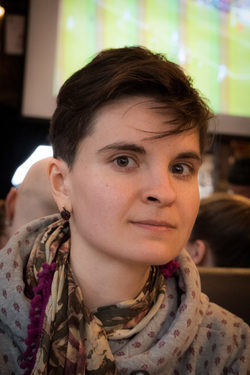
Polina Rozenshtein
Polina Rozenshtein is a last-year PhD student in Data Mining group of Aalto University. She received her MSc in Machine Learning and Data Mining from Aalto University in 2014. Her research interests include dynamic graph mining and social-networks analysis.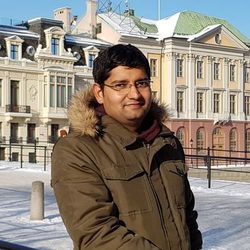
Jayesh Prakash Gupta
Jayesh Prakash Gupta, B.Eng., M.Sc. (Tech.) is a PhD Fellow at DARE Business Data Research Group & Novi Research Center, Laboratory of Industrial and Information Management at Tampere University of Technology, Tampere, Finland. He is working in the field of computational social science. His research currently focuses on enhancing collaboration in different contexts by identifying weak tie from Big Social Data using analytics method like social network analysis, social set analysis. He is the recipient of a four year full-time fellowship from Tampere University of Technology Foundation for his Doctoral work.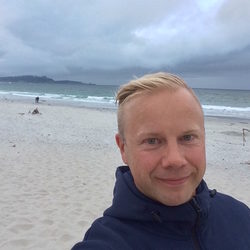
Olli Kupiainen
Olli is a PhD candidate in Aalto University, Department of Industrial Engineering and Management. He has studied organizational mergers. Currently he is studying a large-scale strategic change and how organizational members experience the change and make sense of the change through their discussion on enterprise social media platform. His research interests include applying text mining methods to his research. His background is in social and organizational psychology (BSc in psychology and MSc in social and organizational psychology). He is also a trained psychology teacher.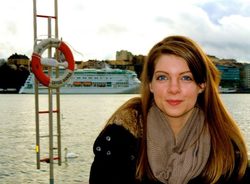
Kelsey LaMere
Kelsey LaMere is a second year PhD student with the Doctoral Program in Interdisciplinary Environmental Sciences (DENVI) at the University of Helsinki. Her interests include stakeholder participation in decision-making, the intersection between science and policy, and environmental risk assessment, particularly in the context of aquatic natural resources. Kelsey’s current work involves the use of problem framing with fishery stakeholders to determine the potential effects of climate change on salmon and the salmon fishery. Additionally, she is currently working on a project exploring the differences in the perception of risk and risk assessment between scientific disciplines.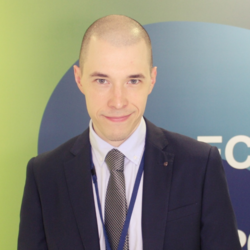
Sami Kotiranta
Sami Kotiranta is a political science doctoral student at the University of Helsinki with a research focus on data-informed decision-making and public sector leadership. He’s working as a research assistant at the United Nations University Word Institute of Development Economic Research (UNU-WIDER) contributing mainly to the maintenance of a large government revenue dataset.
Robin Lybeck
Robin Lybeck is a PhD Candidate at the sociology department of Åbo Akademi University in Turku, Finland. The theme of his thesis is digital participation in urban planning. Currently, he is finishing a project involving the use of machine learning for the analysis of sentiment and themes in citizen feedback. Previously he has worked on a research project involving mobile participation applications in Turku University and Örebro University.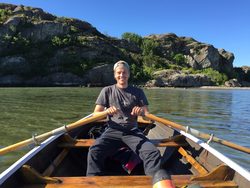
Magnus Hanstén
Magnus Hanstén is a MSc student at the University of Helsinki where he study environmental sciences. His research interests include the field of marine resource management and marine spatial planning, fields which combine both the management of human behaviour and the environmental aspects. He is a firm believer in interdisciplinarity when it comes to developing systems where humans and nature can coexist in a sustainable manner. He is currently working on a study regarding the social dimensions of a fisheries management system called individual transferable quotas (ITQ). His study will consist of a comparison between Finland, Sweden and Denmark, which all are using ITQs for managing their fisheries.